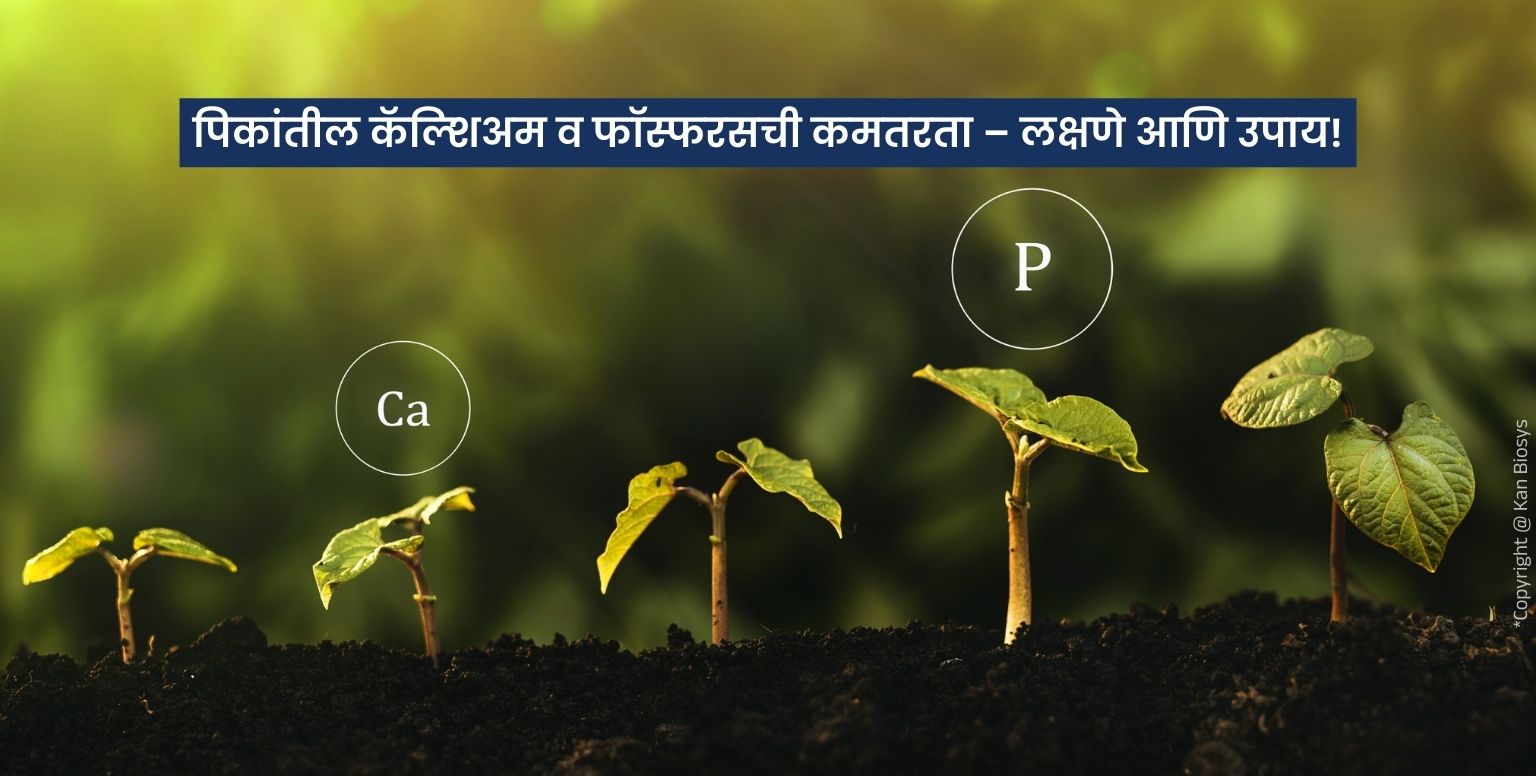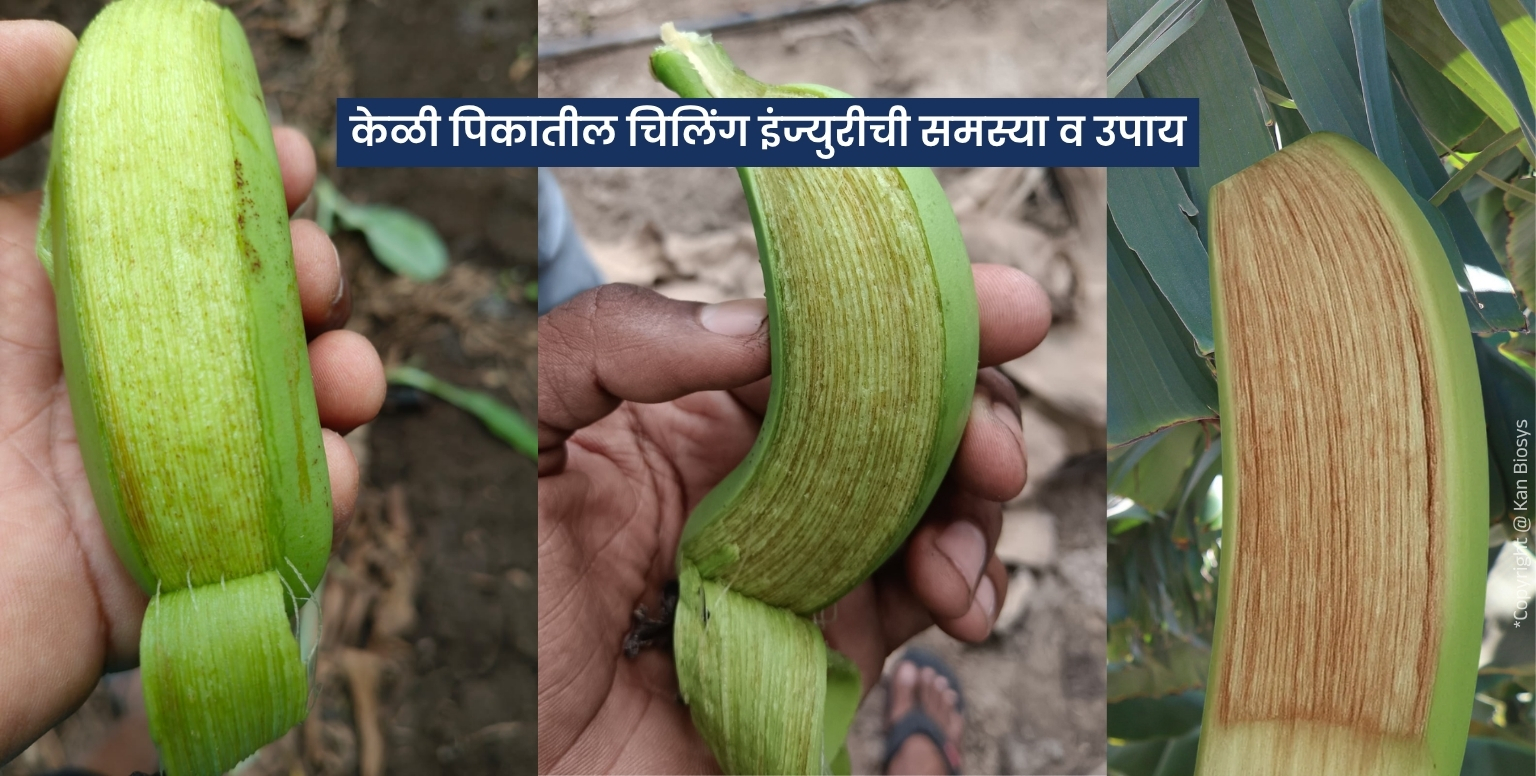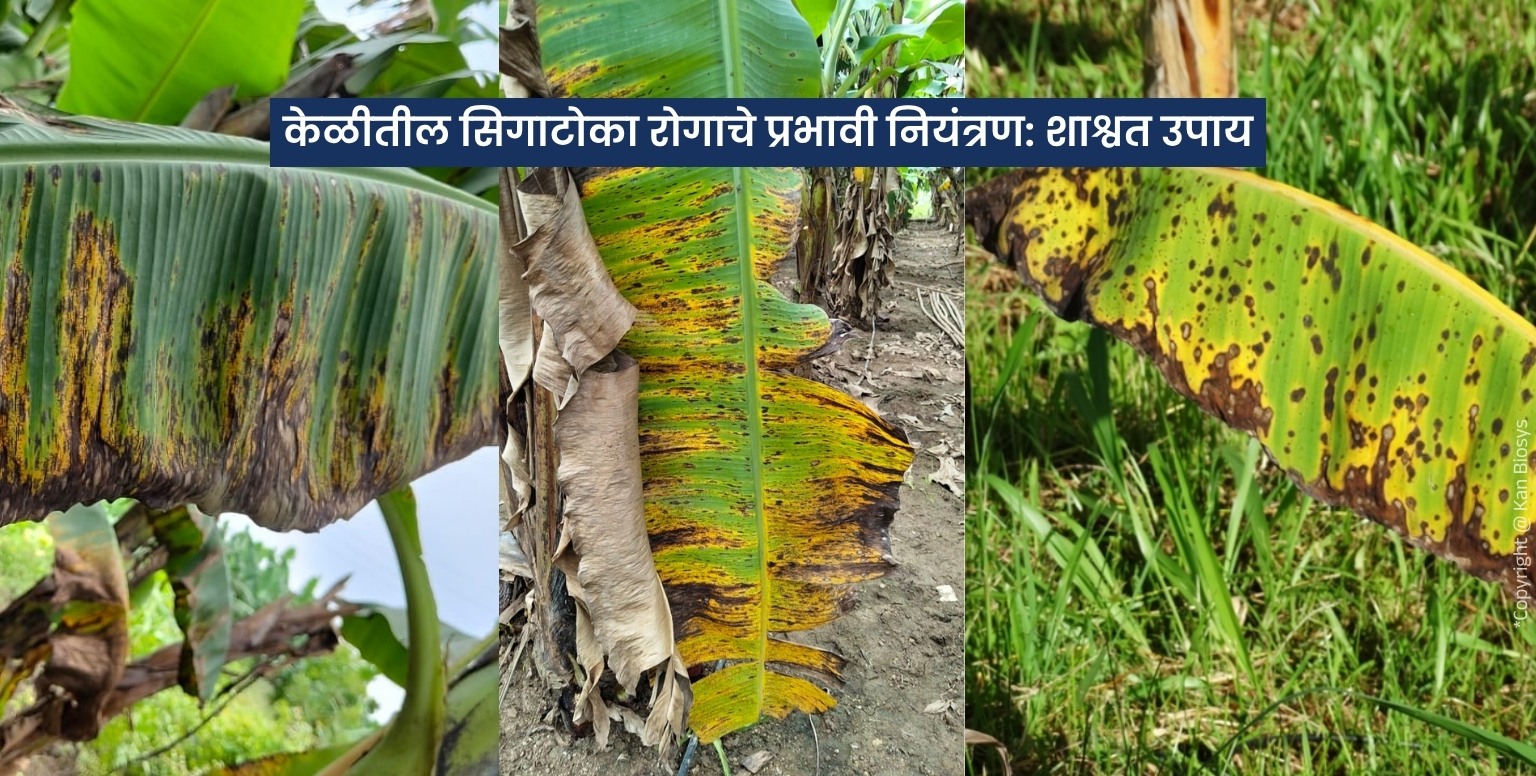Top 10 Advantages of Bio Fertilizer Over Chemical Fertilizers
Top 10 Advantages of Bio Fertilizer Over Chemical Fertilizers

In modern agriculture, the advantage of bio fertilizer lies in its ability to enrich the soil naturally while keeping the environment safe. Biofertilizers are living microorganisms — such as bacteria, fungi, or algae — that enhance soil fertility by fixing atmospheric nitrogen, solubilizing phosphorus, and stimulating plant growth through natural processes. In contrast, chemical fertilizers are synthetically produced compounds that supply nutrients quickly but often degrade soil health and microbial balance over time.
Across India, farmers are increasingly shifting toward sustainable farming — a movement driven by the need to protect soil fertility, reduce chemical dependency, and ensure long-term productivity. With rising concerns about soil degradation, water contamination, and decreasing crop resilience, the benefits of biofertilizer are becoming more relevant than ever.
Before we dive into the top 10 advantages of bio fertilizer, it’s important to understand this shift isn’t just a trend — it’s a crucial step toward achieving sustainable food security in India. Biofertilizers not only nurture the soil but also support eco-friendly farming practices that align with the government’s push for organic and natural agriculture.
In the following sections, we’ll explore the top 10 benefits of biofertilizers that make them a superior and sustainable alternative to chemical fertilizers — helping farmers grow healthier crops while preserving the planet for future generations.
Advantages of Bio Fertilizer Over Chemical Fertilizers
The advantage of bio fertilizer lies in its ability to work with nature rather than against it. From improving soil health to enhancing crop resilience, the benefits of biofertilizer extend far beyond a single harvest—they build a foundation for sustainable, long-term farming success in India.
1. Enhanced Soil Health and Long-term Fertility
One of the greatest advantages of bio fertilizer is its ability to rebuild soil health. Biofertilizers improve soil structure, porosity, and water retention by increasing organic matter and stimulating beneficial microbial activity. Microbes such as Rhizobium, Azospirillum, and Phosphate Solubilizing Bacteria (PSB) restore the soil microbiome and support nutrient cycling.
In contrast, excessive use of chemical fertilizers depletes soil nutrients, kills beneficial organisms, and hardens the soil over time—reducing productivity.
Practical implication:
Farmers who use biofertilizers notice softer, well-aerated soil that retains moisture longer, reducing irrigation needs and improving yields in the long run.
2. Enhance Nutrient Availability Naturally
Biofertilizers help plants access essential nutrients naturally through biological processes such as nitrogen fixation, phosphorus solubilization, and potassium mobilization.
- Example: Rhizobium bacteria form nodules on the roots of legumes to fix atmospheric nitrogen.
- Example: PSB converts unavailable phosphorus into forms plants can easily absorb.
These natural processes enhance the benefits of biofertilizer, reducing dependence on costly chemical nutrients.
Practical implication:
Farmers get healthier crops with balanced nutrition without the expense and side effects of excessive chemical fertilizers.
3. Increase Crop Yield in a Sustainable Way
The advantage of bio fertilizer goes beyond growth—it sustains productivity. Biofertilizers improve soil fertility year after year, leading to consistent and stable yields. Studies have shown that using microbial fertilizers can increase yields by 10–25% depending on crop and soil type (source: FAO & ICAR studies).
Practical implication:
Farmers can expect higher and more reliable yields season after season without damaging their soil health or incurring rising fertilizer costs.
4. Reduce Dependence on Chemical Fertilizers
The benefits of biofertilizer include lowering farmers’ reliance on chemical fertilizers—saving money while improving soil balance. With biofertilizers supplementing nutrients, the overall fertilizer requirement decreases by up to 30% over time (source: ICAR-NBAIM).
Practical implication:
Farmers can reduce input costs, maintain productivity, and achieve a more balanced nutrient supply without compromising crop growth.
5. Improve Soil Structure and Water Retention
Biofertilizers increase soil porosity and water-holding capacity by improving organic matter and microbial life. This leads to better aeration and deeper root penetration—essential for healthy crops. Chemical fertilizers, on the other hand, can cause compaction and poor drainage with prolonged use.
Practical implication:
In drought-prone regions of India, farmers can rely on biofertilizers to retain more moisture in their soil and protect crops during dry spells.
6. Safe for Human Health
A vital advantage of bio fertilizer is its safety. Biofertilizers contain no harmful chemicals, leaving zero toxic residues on food crops. This reduces pesticide residue levels and protects farm workers from chemical exposure.
Practical implication:
Consumers receive cleaner produce, and farmers enjoy safer working conditions, improving both health and market trust in their produce.
7. Builds Crop Resilience and Disease Resistance
The benefits of biofertilizer also include improved disease resistance. Beneficial microbes like Trichoderma and Bacillus subtilis act as natural antagonists to soil-borne pathogens, stimulating plant immunity and enhancing tolerance to drought or temperature fluctuations.
Practical implication:
Farmers experience fewer pest-related losses and more resilient crops even under stress conditions like heatwaves or irregular rainfall.
8. Cost-Effective for Long-Term Farming
Biofertilizers offer long-term economic advantages. While their initial yield impact might be moderate, they steadily improve soil fertility, reducing the need for repeated chemical applications. With low application rates and recurring benefits, the advantage of bio fertilizer is financial stability.
Practical implication:
Farmers save on fertilizer costs over time and achieve higher profits through sustainable yield maintenance.
9. Compatible with Organic Farming
The benefits of biofertilizer make them essential for organic agriculture. Biofertilizers meet organic certification requirements and are recognized under India’s National Programme for Organic Production (NPOP). The Indian organic food market was valued at USD 1.5 billion in 2024, with an expected CAGR of ~21% by 2030 (source: IMARC Group).
Practical implication:
Farmers using biofertilizers can access organic and export markets, fetching higher prices and long-term demand stability.
10. No Soil Acidification or Salinization
Unlike chemical fertilizers that alter soil pH and cause salt accumulation, biofertilizers maintain natural pH balance and prevent soil salinization. Continuous use of chemical fertilizers often leads to acidified, barren soils, while biofertilizers restore microbial activity and balance.
Practical implication:
Farmers enjoy long-term soil productivity and prevent issues like poor germination and stunted plant growth caused by acidic soils.
How Kan Biosys Bio Fertilizers Deliver These Benefits
The advantage of bio fertilizer isn’t just theoretical—it’s proven in the field through decades of research and innovation. Kan Biosys has been at the forefront of India’s microbial revolution, developing advanced, research-backed formulations that turn the benefits of biofertilizer into visible results for farmers.
Research-Backed Microbial Formulations
Kan Biosys biofertilizers are built on strong R&D foundations, developed in collaboration with leading agricultural universities and tested under diverse Indian soil conditions. Each product—whether nitrogen-fixing (Rhizobium, Azospirillum), phosphate-solubilizing (Bacillus megaterium), or potassium-mobilizing (Frateuria aurantia)—is scientifically validated to deliver consistent nutrient efficiency.
Quality assurance: All formulations comply with FCO (1985) standards, ensuring microbial viability and purity.
Practical implication: Farmers can rely on uniform, lab-certified products that perform effectively across crop types and climatic zones.
Comprehensive Product Range for Every Crop
Kan Biosys offers a full range of solutions that cover every stage of crop nutrition—seed, soil, and foliar. Products such as B seepel, Vitormone, Team Bio 3 enrich the root zone, enhance nutrient uptake, and promote sustained soil health. The company’s Mycorrhizae-based inoculants Mycozoots improve root growth and water absorption, further amplifying the benefits of biofertilizer.
Practical implication: Whether a farmer grows cotton in Maharashtra or pulses in Madhya Pradesh, there’s a Kan Biosys biofertilizer optimized for that soil and crop.
Ease of Application and Farmer-Friendly Design
Another major advantage of bio fertilizer from Kan Biosys is its simple application. Most products are available in liquid, powder, or granule form—easy to apply through seed treatment, drip irrigation, or direct soil application. With stable shelf life and adaptable formats, these biofertilizers fit seamlessly into existing farm routines.
Practical implication: Farmers can integrate biofertilizers without changing their current fertilization schedule or investing in new equipment.
Commitment to Quality and Certifications
Kan Biosys adheres to rigorous quality control through its ISO 9001:2015-certified facilities and DBT-recognized R&D laboratories. Every batch undergoes microbial count verification, ensuring guaranteed performance. This strict standardization protects microbial vitality and efficacy till it reaches the farmer.
Practical implication: Farmers receive products they can trust—scientifically consistent and government-approved.
Trust Built on Results and Farmer Partnerships
For over two decades, Kan Biosys has empowered more than two million Indian farmers to adopt sustainable agricultural practices. Field demonstrations, farmer-training sessions, and testimonials from across India validate the benefits of biofertilizer delivered by Kan Biosys. Many farmers have reported visibly improved soil texture, healthier root systems, and up to 20–25 % yield increases through continued use (as per company field data).
Practical implication: Farmers not only achieve higher productivity but also become part of a larger sustainable-farming movement backed by real results.
FAQs
1. How long does it take for bio fertilizers to show visible results?
The results from biofertilizers typically become visible within 3 to 4 weeks after application. This depends on soil condition, crop type, and climate. While chemical fertilizers act instantly, the advantage of bio fertilizer lies in its gradual improvement of soil fertility and root health, ensuring long-term benefits.
2. What is the ideal time to apply bio fertilizers during the crop cycle?
Biofertilizers should be applied at the early stages of the crop cycle—preferably during seed treatment, transplanting, or early vegetative growth. This timing allows beneficial microbes to colonize the root zone early and deliver the full benefits of biofertilizer throughout the crop’s life cycle.
3. What are the advantages and disadvantages of using homemade biofertilizers?
Homemade biofertilizers can be inexpensive and locally prepared, but they often lack microbial purity and consistency. The advantage of bio fertilizer from companies like Kan Biosys is its scientifically verified microbial count and tested efficiency.
Disadvantage of homemade versions: contamination risk, short shelf life, and unpredictable results.
Practical tip: Use certified biofertilizers for reliable performance and crop safety.
4. How should bio fertilizers be stored? What is their shelf life?
Biofertilizers should be stored in a cool, dry, and shaded place—away from direct sunlight and heat. The typical shelf life of Kan Biosys biofertilizers is 12 to 18 months, depending on the formulation. Always check the manufacturing and expiry date before use to maintain microbial effectiveness.
5. Can bio fertilizers completely replace chemical fertilizers, or do I need to use both?
In most cases, biofertilizers are used to reduce chemical fertilizer dependency, not eliminate it overnight. They can replace 20–50% of chemical inputs depending on crop and soil type (source: ICAR-NBAIM). Over time, consistent use of biofertilizers improves soil fertility enough to further reduce synthetic inputs—one of the biggest benefits of biofertilizer for long-term farming.
6. What are the limitations of using biofertilizers?
Biofertilizers perform best under adequate moisture, organic matter, and proper soil temperature. They may show slower results in heavily degraded or saline soils unless supported by organic amendments. However, unlike chemical fertilizers, they do not harm the soil—they work progressively to rebuild fertility.
7. How does Kan Biosys ensure the quality and effectiveness of its biofertilizer products?
Kan Biosys ensures high-quality standards through ISO 9001:2015-certified facilities, DBT-recognized R&D, and FCO (1985) compliance. Each batch is tested for microbial count, purity, and field performance. This research-backed production ensures that every farmer experiences the true benefits of biofertilizer—reliable results, improved soil health, and sustainable yield growth.
Conclusion
The advantages of bio fertilizer are clear and powerful—healthier soil, higher yields, reduced chemical dependency, safer food, and a more sustainable farming system. From improving soil fertility and structure to enhancing crop resilience and profitability, the benefits of biofertilizer go beyond a single harvest—they build the foundation for generations of healthy farming.
India’s agricultural future depends on how quickly we adapt to sustainable, soil-friendly solutions. The transition from chemical-intensive to biology-driven farming is no longer a choice—it’s a necessity for long-term food security, farmer prosperity, and environmental balance.
At Kan Biosys, we’re proud to lead this green revolution with research-backed biofertilizers that restore the earth, empower farmers, and redefine productivity. Every product we create—whether for nitrogen fixation, phosphorus solubilization, or mycorrhizal root enhancement—is designed to deliver measurable results while protecting the planet.
Join thousands of progressive farmers across India who are already experiencing the difference.
Explore Kan Biosys’ complete range of biofertilizers and sustainable agriculture solutions.
Contact our agronomy experts for personalized consultation, or download free resources to get started on your journey toward sustainable, profitable farming.
Together, let’s grow a greener, healthier, and more resilient future for Indian agriculture.









